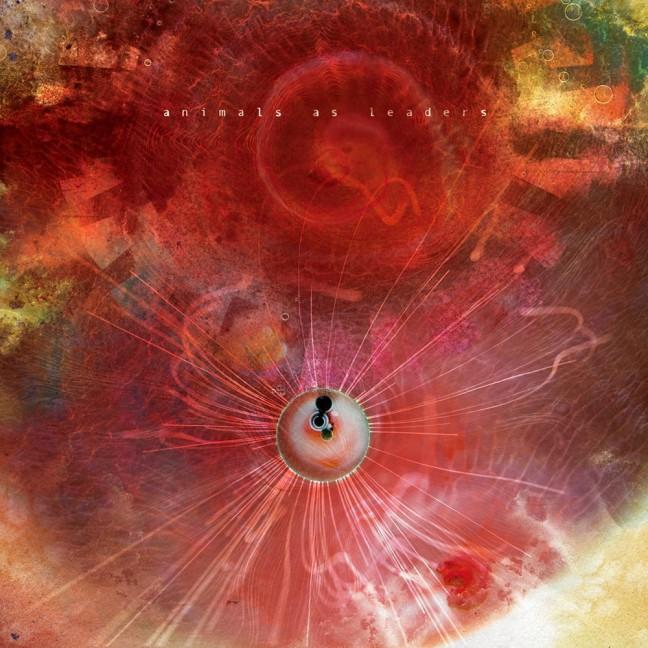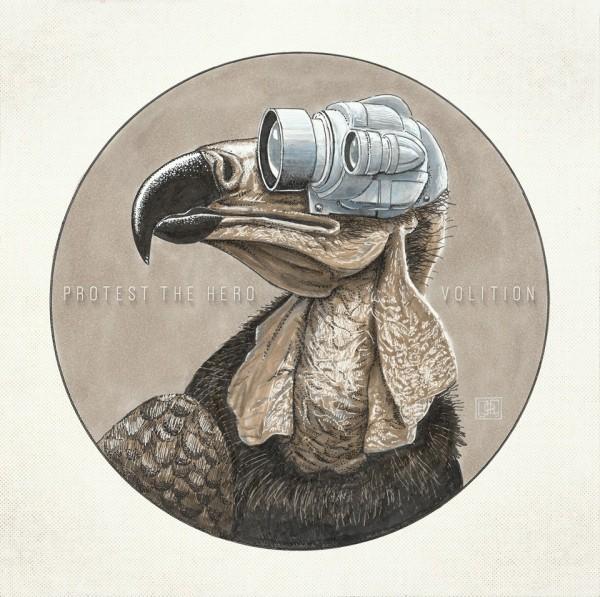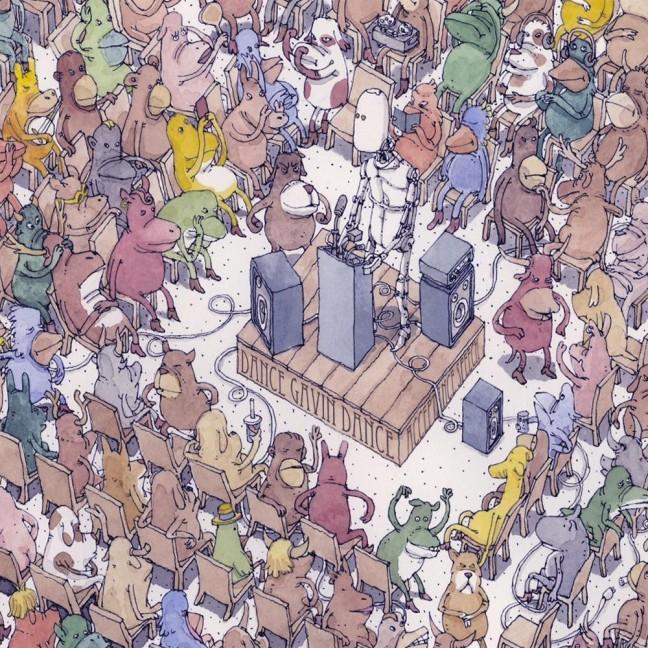This column is a continuation of the previously published installment in Paper Radio concerning the benefits of active listening and, contrarily, the detriments of its doppelg?nger, passive listening. If you somehow, God forbid, missed this piece of writing, please go back and recap as these two articles are indelibly intertwined. Disclaimer: While much of popular music has little to no artistic value, it, like a mindless action movie, may be entertaining. Furthermore, not all popular music is completely devoid of redeeming artistic qualities; as with any rule, there are exceptions. Let’s get to it, shall we?
To many avid music listeners in today’s society, the popular music industry (and, as a result, the industry as a whole) is perhaps the worst it has ever been. Heartless, soulless, talentless drivel floods the airwaves on a near constant basis and has been doing so for decades. It may be beating a dead horse, but just one listen to any Nickelback song is a fair indicator of the state of music. While artists who are naught but pretty faces that do not even write their own music (and many of those who do) hop from trend to trend trying to make a quick buck, should this lack of artistic value really be surprising to the consumer? Unquestionably, the answer is a resounding no. However, “does the consumer really have any say in the matter?” may be a more pertinent question. The answer to this query is “yes, through the practice of active listening that was so conveniently outlined in the last Paper Radio article.”
The nonsense that pollutes the airwaves is directly related to a combination of the plague of passive listening and the ease of access to music for all consumers. Passive listening plays an enormous role in propagating the pestilence that has permeated popular music. When one isn’t really paying much attention to what they are listening to, chances are they don’t really care what it is. This complacency creates a culture in which people want easily consumable media. Music is not immune to this desire for easy entertainment, and as a result the most base, easily understandable and simplistic music becomes extremely popular.
It doesn’t take more than a few minutes of channel surfing through the local radio stations to find that most songs are composed around a catchy beat (which is, in most cases, very similar to most other beats), largely nonsensical and predictable rhymes about money, partying and lost love (or worse, rhyming with the same word. Looking at you, Lil Wayne). They use a simple four chord progression – just look up Axis of Awesome’s song “Four Chords,” which still applies to nearly everything on the radio today. Of course, consumers eat this up because they haven’t dug deeply enough in the music to find that there is nothing there but a desire for fame and fortune. Certainly, these formulaic songs are entertaining in that they are fun to dance/party/drink to, but other than that, why listen to the same rehashed fame-grabs that we as consumers have been hearing for at least two decades? If people took the time and actively listened to their music, certainly they would crave more than what popular music can give. People don’t always want to watch action and comedy movies; most need a good, intellectually stimulating drama every once in a while. So why should music be any different?
As for the role instant gratification has played: The Internet has given listeners unlimited music at their fingertips, which has led to many consumers taking music for granted, and consequently, the artistic void that is popular music. Evidence for this takes us on a time travelling trip to the decades before the Internet. People had only a few stations to listen to, and many would argue that the bands that persist to this day as the popular music of that time had talent, originality and artistic value to them (recall: The Beatles, Led Zeppelin, Black Sabbath, Rush, Johnny Cash, Elvis Presley, Public Enemy and Tupac; the list goes on). Looking back on these greats and all those who played during those times, could we really look to the future and expect to put Lady Gaga, Coldplay, Kenny Chesney, Taylor Swift, Daughtry, and Nickelback in the same conversation with their predecessors in the popular music category?
Having such a wide variety of music available to consumers at any time is a blessing and a curse – as Uncle Ben in “Spiderman” once said, “With great power comes great responsibility.” We as consumers should be using our ease of access to music to further our horizons, appreciate more types of music and acknowledge music as the art form in the manner it deserves. Active listening is the first (and, really, only) step toward fixing the sad state of popular music today and toward bettering our experiences with music. As relatively unknown band I Am Abomination once wrote about the current state of music, “You gave birth to a deaf generation/ Visual talent is the new sensation.” Too true.
Regen McCracken is a junior who intends to major in journalism. He has a love for video games, metal, jazz and all things that make one think. He also writes and performs his own music while not writing these ever-interesting columns or studying himself to sleep.

















